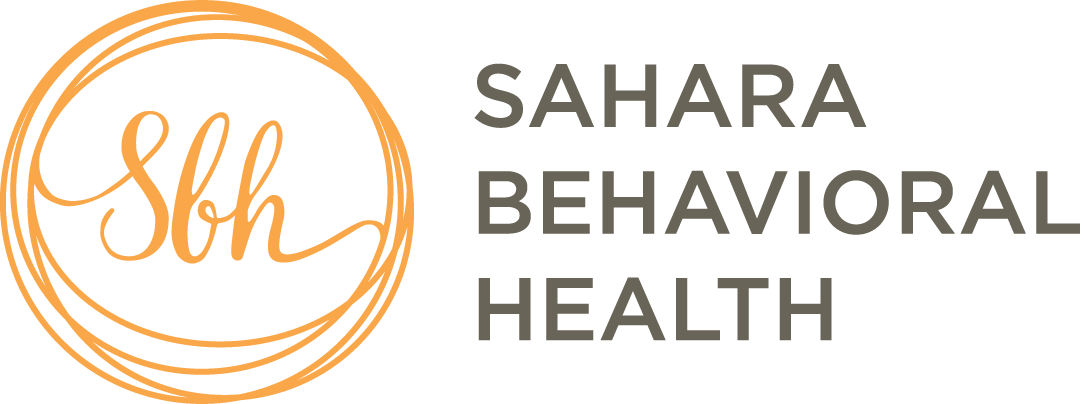Attention Deficit Hyperactivity Disorder (ADHD)
ADHD is a developmental brain condition that affects the way that a person thinks, processes emotions, and responds to the environment. ADHD is a chronic condition that affects millions of children and often continues into adulthood. Symptoms of ADHD include inattention (not being able to keep focus), hyperactivity (excess movement that is not fitting to the setting) and impulsivity (hasty acts that occur in the moment without thought). ADHD is diagnosed as one of three types: inattentive type, hyperactive/impulsive type or combined type.
Inattentive type may have the following symptoms frequently:
Doesn’t pay close attention to details or makes careless mistakes in school or job tasks.
Has problems staying focused on tasks or activities, such as during lectures, conversations or long reading.
Does not seem to listen when spoken to (seems to be elsewhere).
Does not follow through on instructions and doesn’t complete schoolwork, chores or job duties (may start tasks but quickly loses focus).
Has problems organizing tasks and work (for instance, does not manage time well; has messy, disorganized work, misses deadlines).
Avoids or dislikes tasks that require sustained mental effort, such as preparing reports and completing forms.
Often loses things needed for tasks or daily life, such as school papers, books, keys, wallet, cell phone and eyeglasses.
Is easily distracted.
Forgets daily tasks, such as doing chores and running errands. Older teens and adults may forget to return phone calls, pay bills and keep appointments.
Hyperactive/Impulsive type may have the following symptoms frequently:
Fidgets with or taps hands or feet, or squirms in seat.
Not able to stay seated (in classroom, workplace).
Runs about or climbs where it is inappropriate.
Unable to play or do leisure activities quietly.
Always “on the go,” as if driven by a motor.
Talks too much.
Blurts out an answer before a question has been finished (for instance may finish people’s sentences, can’t wait to speak in conversations).
Has difficulty waiting his or her turn, such as while waiting in line.
Interrupts or intrudes on others (for instance, cuts into conversations, games or activities, or uses other people’s things without permission). Older teens and adults may take control over what others are doing.
Treatment…
The best treatment for ADHD in children and adults is a combination of medication management and CBT therapy to address biological and behavioral components of the disorder.
Childhood ADHD
ADHD includes a combination of persistent problems, such as difficulty keeping attention, hyperactivity and impulsive behavior. These symptoms usually reduce with age however, some people never completely outgrow their ADHD symptoms. Most find they can learn strategies to be successful and overcome the barriers. Medication is also often used as a support.
Children with ADHD may also struggle with low self-esteem, troubled relationships and poor performance in school. Symptoms sometimes lessen with age. However, some people never completely outgrow their ADHD symptoms. But they can learn strategies to be successful.Children with ADHD may also struggle with low self-esteem, troubled relationships and poor performance in school. ADHD occurs more often in males than in females, and behaviors can be different in boys and girls. For example, boys may be more hyperactive and girls may tend to be quietly inattentive. ADHD can make life difficult for children. Children with ADHD:
Often struggle in the classroom, which can lead to academic failure and judgment by other children and adults
Tend to have more accidents and injuries of all kinds than do children who don't have ADHD
Tend to have poor self-esteem
Are more likely to have trouble interacting with and being accepted by peers and adults
Are at increased risk of alcohol and drug abuse and other delinquent behavior
Supporting Your Child
Fostering the development of a child with ADHD means that you may need to modify your behavior, and learn to manage the behavior of your child. Medication may be the first step in your child’s treatment. Behavioral methods for helping your child manage ADHD symptoms must always be in place. Your support can limit destructive behavior and help your child overcome self-doubt. Some ways to support your child may include:
Break their tasks into manageable pieces
Simplify and organize your child’s life
Limit distractions
Encourage exercise
Regulate sleep patterns
Encourage out-loud thinking
Promote wait to respond time
Believe in your them! Don’t sweat the smalls stuff, be negative, or lash out as it only causes more self doubt and impedes their ability to manage the disorder.
Take care of yourself so you can be your best, this means taking breaks and calming yourself with self care activities.
Adult ADHD
ADHD is a mental health disorder that includes a combination of persistent problems, such as difficulty paying attention, hyperactivity and impulsive behavior. Adult ADHD can lead to unstable relationships, poor work or school performance, low self-esteem, and other problems.
Many adults with ADHD do not realize they have the disorder. Adults with ADHD may find it difficult to focus and prioritize, leading to missed deadlines and forgotten meetings or social plans. The inability to control impulses can range from impatience waiting in line- to mood swings and outbursts of anger.
Adult ADHD symptoms may include:
Impulsiveness
Disorganization and problems prioritizing
Poor time management skills
Problems focusing on a task
Trouble multitasking
Excessive activity or restlessness
Poor planning
Low frustration tolerance
Frequent mood swings
Problems following through and completing tasks
Hot temper
Trouble coping with stress
Adults with ADHD are treated with medication, psychotherapy or a combination. Behavior management strategies, including ways to minimize distractions and increase structure and organization are used to reduce the negative impacts on life and work. CBT aims to change negative patterns of thinking and replace them with a renewed framing of how you feel about your ADHD symptoms. Medication is commonly used to reduce symptoms and make the disorder manageable.




